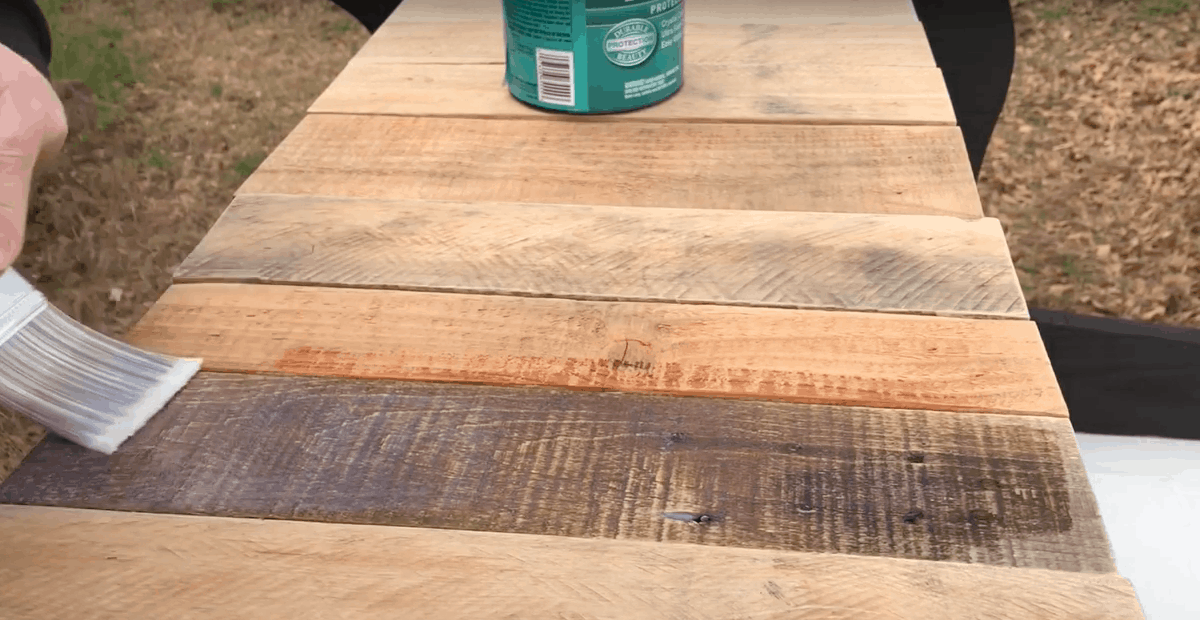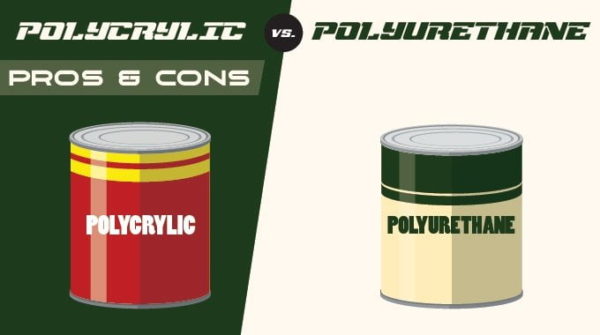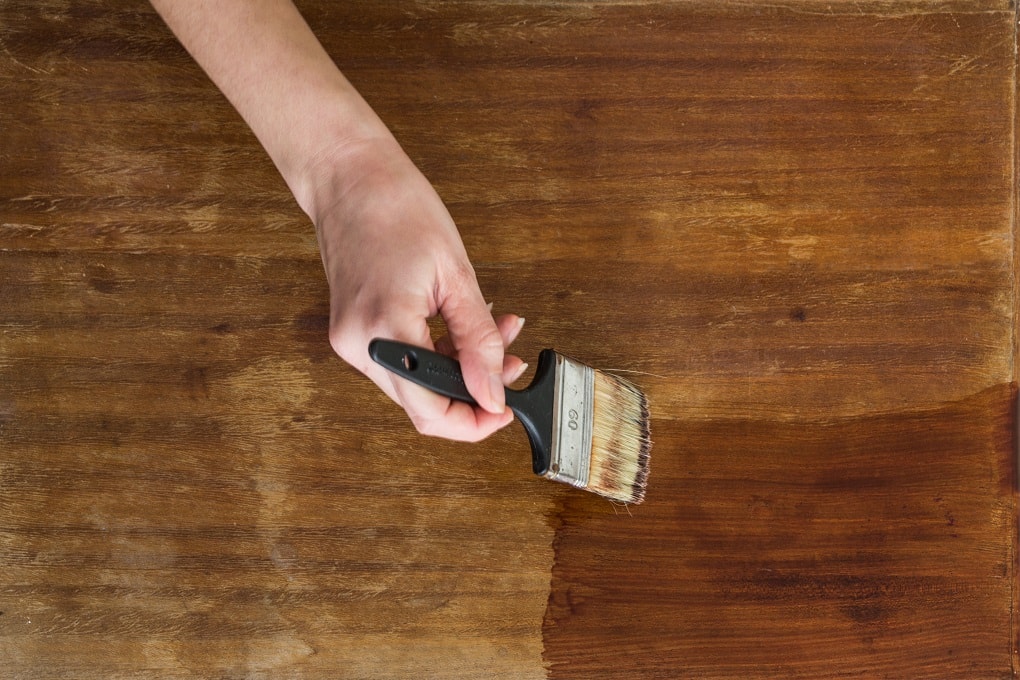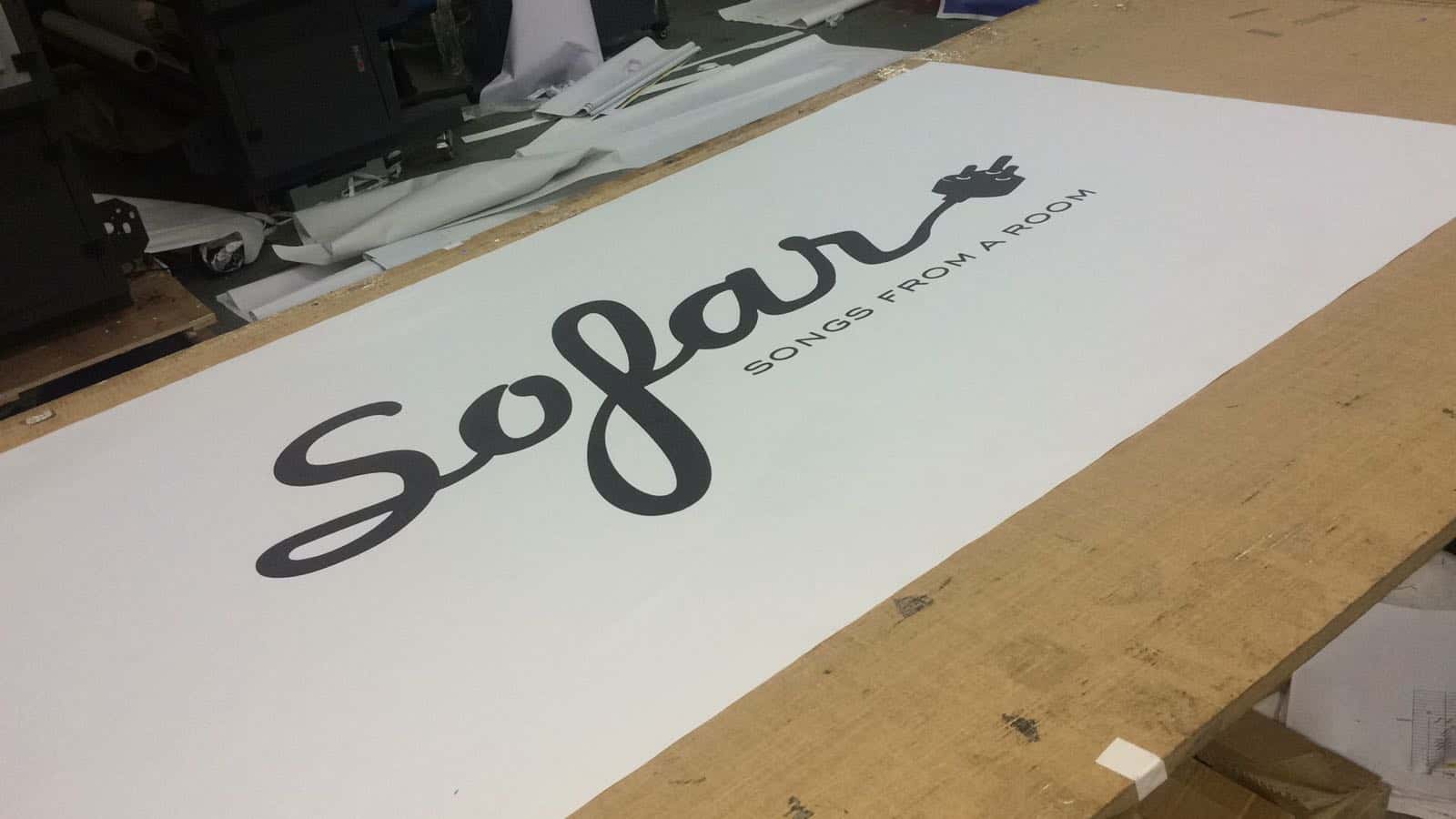What my original thought was that i would stain the wood apply the decals it 39 s just an inspirational quote and then polyurethane over top of it to seal the whole thing decals and all.
Polyurethane or polycrylic over vinyl decal.
You apply it over your vinyl decal with a brush.
Epoxy epoxy is more or less bringing out the big guns.
Note that you want to go for polycrylic and not for polyurethane.
Mod podge is another product that i have heard customers state they have used over their wall decal stickers.
For polyurethane you ll probably apply five to ten coats.
Can i polyurethane over vinyl decals stickers.
So it is just like working with paint.
I 39 m doing a sort of craft project.
Yes you can apply polycrylic over vinyl decals.
These two compounds might sound similar to you but polyurethane can actually cause damage or yellow staining to your vinyl.
Today we re going to show you three different methods.
It dries very quickly although it can take a long time to.
You can seal these all different ways depending on what you re going to use the project for.
We re using a wood ceramic and a plastic material here.
This site might help you.
However if you go over vinyl decals with polycrylic they are there for good.
Personally i would do it but you ve got to consider how your clear coat might effect the decal down the line.
There s a running debate on whether or not you should apply your clear coat over your vinyl decals.
If you have a wall decal matte finish and not super strong adhesive use a very light coat of polyurethane.
The polycrylic will seal the decals in place and you won t be able to get them off again.
Polycrylic is a water based product that is far less smelly and toxic than either type of polyurethane making it easier to work with.
The polyurethane tends to curl the edges of a vinyl sticker and with the lighter adhesive the strength of the adhesive can break down.
So make sure that you are buying polycrylic sealant.
Keep in mind that normal decals can be easily removed from most surfaces.
While polyurethane is a clear protective coat it will actually yellow over time so just keep that in mind.
One important item to notate here is if you do choose polycrylic make sure you are using polycrylic and not polyurethane.




























